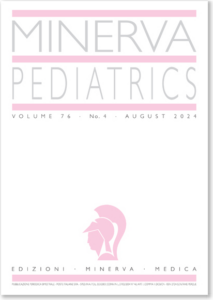A group of researchers in Iran now have had more than 60 papers retracted for concerns about peer review and plagiarism as a publisher investigates its back catalog. One of the researchers, A. Salar Elahi, now ranks 7th on the Retraction Watch Leaderboard.
Previously, Elsevier said they would retract 26 papers from the research group at Islamic Azad University in Tehran for fake reviews in 2017 and 2018. The latest batch of 33 retracted papers originally appeared in Springer Nature’s Journal of Fusion Energy as far back as 2009.
Tim Kersjes, head of research integrity at Springer Nature told us in addition to investigating specific concerns as they arise, his unit also is running “ongoing deep-dive investigations to assess published content that has connections with content that has already been retracted for integrity concerns by ourselves or other publishers.” The recent retractions came from such an investigation that is ongoing, he said.
Continue reading Authors up past 60 retractions amid ongoing investigation








